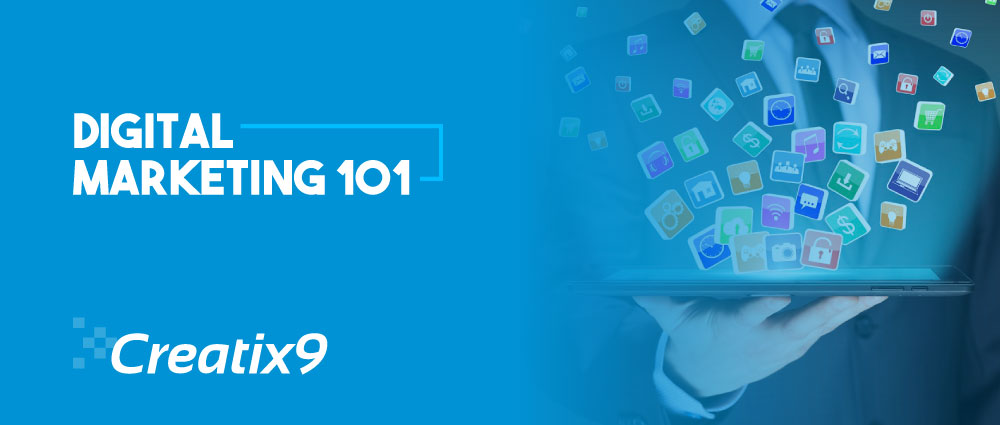
This is for those of you who have tried your luck in the web-based content generation game and I think you can do better. It is not as easy as you think and it seems even more complicated when someone tries to tell you about it, but content generated and pushed on the internet, is not rocket surgery.
Making the content is hard enough for the creative types but there is the marketing part of it as well. To make the content more marketable this process already accounts for the next steps, hence marketability is hammered into the content itself.
Here we will discuss the process of what a digital media agency does overall. How content such as a blog is created with advertising in terms of how it’s uploaded, classified, and presented to the user to how it is optimised for Google to how it pushes traffic on websites for clicks and makes money off and for advertisers.
The Content

The content whatever it may be is the generalised term we’ll use for what the google searches show you. No matter what it is, it’s a safe bet that if a user is clicking on a URL, hyperlink, or interactive text is, it will be some type of ‘content’.
Let’s suppose that you are looking to start your blog. What do you do first? Well assuming that you are doing this on your own as a freelancer, first off you find out what’s relevant right now and will get you traffic on your website. The reason why you do this is to find out what sort of content you need to create and what manner of a market it is for.
No matter if it is a company, freelancer, or blogger, the practice of how to go about this stays the same. A company, for instance, utilising google analytics, keyword tracking, and other professional SEO services has to take the lead at this point. SEO stands for Search Engine Optimisation. SEO experts provide their in-house content marketers with the tools to make their content matter in the online world of advertising – ‘Keywords’. These content marketers are individuals writing posts, articles, blogs, and transcripts. Anything that these people come up with is conceived and created by them to promote the keywords.
The Advertising

There are no two ways about it, advertising is the nozzle of the whole pipeline of content generation. Advertising the context in which SEO experts gauge what keywords to use, where, how, and to what end. The digital marketing companies have their SEO department monitor and gather the latest ‘search query’, to have the content generated. And the utilisation of these keywords is the difference between ‘Content Marketer’ and ‘Content Writer’, along with other factors relating to the SEO aspect.
For instance, to generate a revenue stream these leads need to have a conversion through PPC management services since exposure to the advertising is the end game here. PPC stands for Pay-Per-Click. PPC is a marketing framework where the advertiser pays the ad hosting platform, website, or app for each time a user clicks on any of their ads.
The End Result

So after the content has been generated with the SEO prospect in mind. This is where PPC goes to work. So let’s say that a customer clicks on a Google ad, for instance, it is now up to the PPC personnel to convert this generated lead into a sale. How? This usually depends on what the ad is selling, your website or app you’re promoting, and how your landing page user experience. A landing page is a web page that the user is redirected to when you click on an ad.
Companies that use PPC pay the advertisers their weight in gold to drive more traffic to their website, more traffic means more clicks, more sales, and more profit. It’s as simple as that.
When a PPC tracks Google Ads and monitors company bids on sets of keywords from google analytics. Companies bid on being promoted through these keywords and get their keyword search or ad search ranked on Google. This means that the first ads the user sees on the first page of a Google search are of those companies, brands, or products.
When this is all said and done, these keywords are then refreshed and updated on a daily or weekly basis. And then those keywords are handed off to the content marketers, and the cycle continues.
Summary
Where SEO may be stated as the dormant or latent form of marketing, PPC is the more active and vigorous form. Although quite a few organisations operate without using the PPC option, rely on their branding or overall market repute to lure in the customer. That’s quite alright as well.
All of this a perpetual cycle with keywords sometimes evolving or flat-out changing, but the practice remains the same. Now you know what is commonly referred to as digital marketing.
Also Read: Branding Versus Marketing

